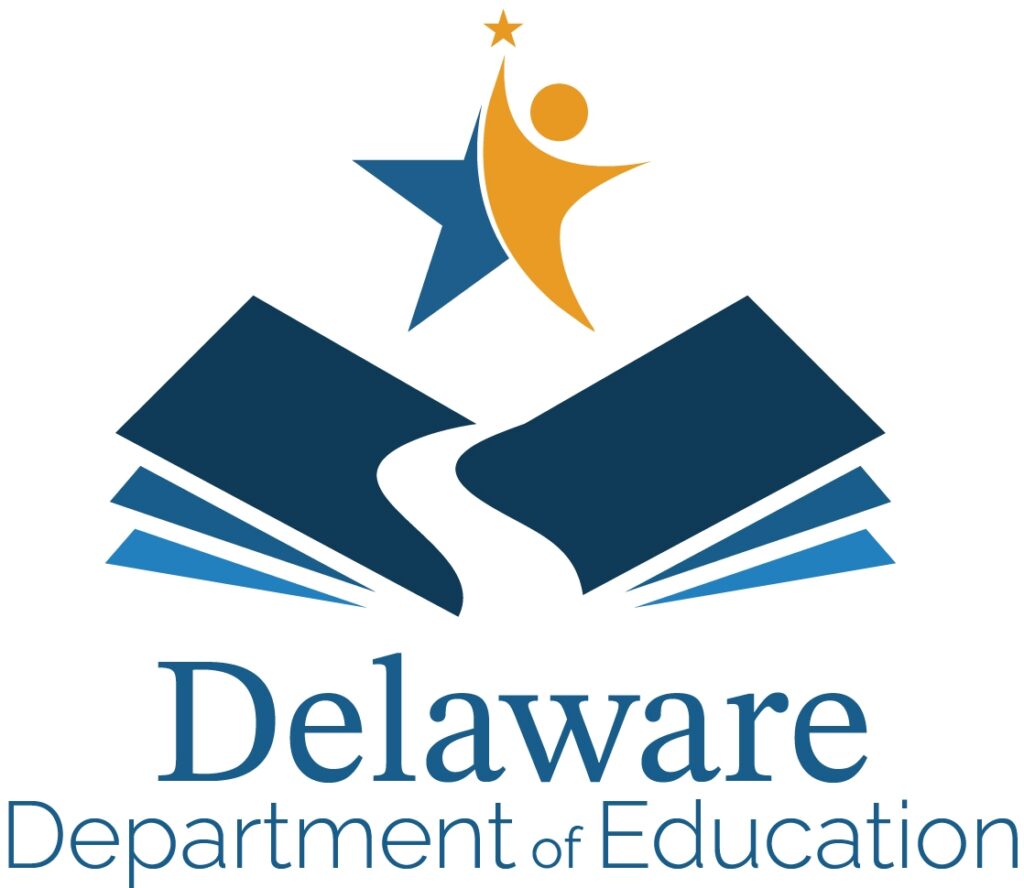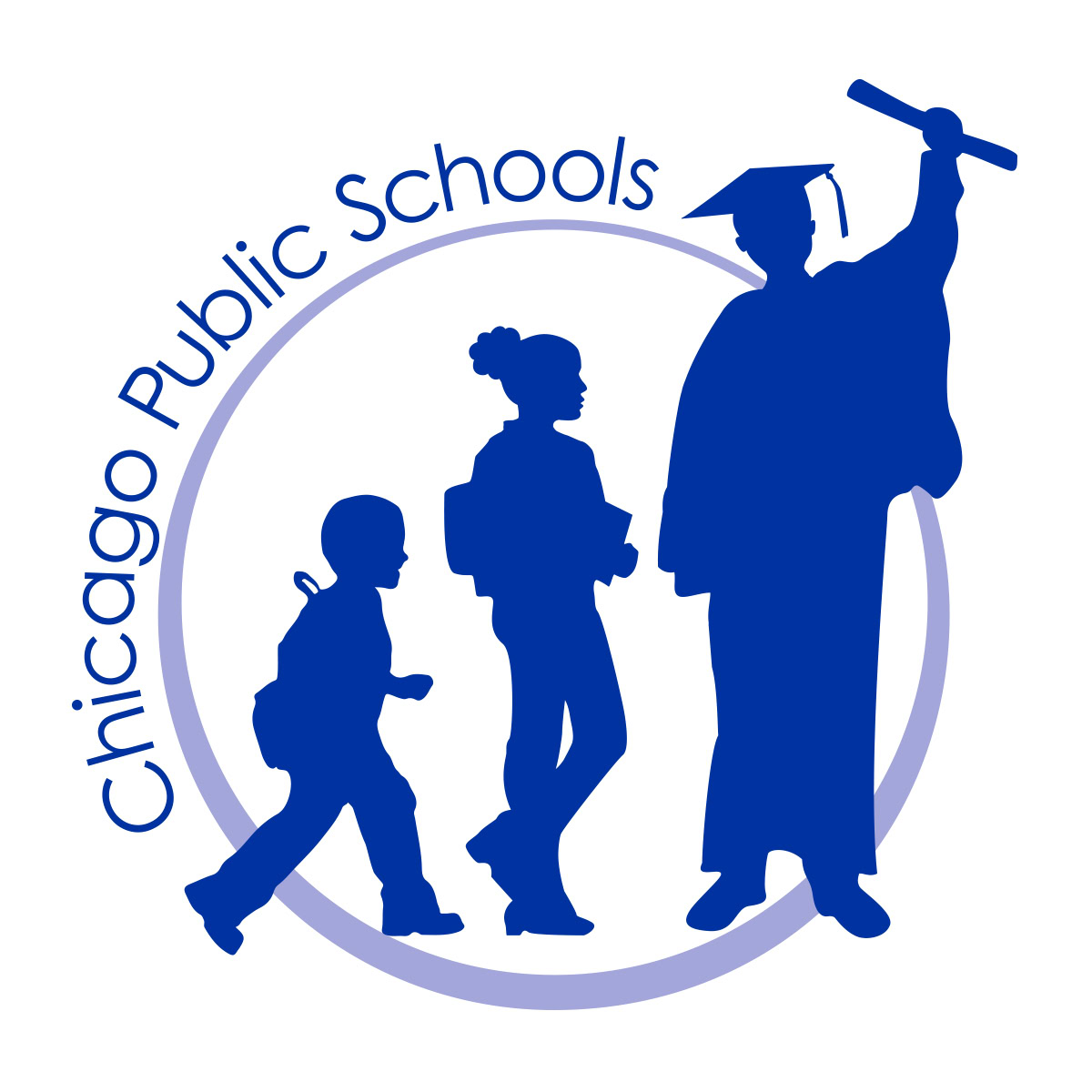The Challenge
For more than five years, the Delaware Department of Education and Teaching Lab have worked in close partnership to support instructional coaching across the state. Together, they’ve laid a strong foundation for professional learning grounded in content, practice, and equity. As that partnership evolved, so too did Teaching Lab’s approach.

A few years ago, Teaching Lab began investing in innovative, AI-backed tech solutions built by educators to ensure its professional learning could reach more educators than ever. That work became known as the Teaching Lab Studio — a strategic initiative designed to combine cutting-edge technology, including AI and machine learning, with personalized professional coaching to create communities of teachers who support one another as they grow.
Delaware presented a key opportunity to expand that vision. With approximately 40 instructional coaches supporting teachers across districts that use more than 80 different curricula, the challenge was clear: how can we provide consistent, high-quality support at scale, while honoring the unique contexts of every coach and classroom? Writing, in particular, posed a persistent instructional challenge. It is central to all subjects, yet often lacks a dedicated place in the curriculum.
Educator Voices
“One of the reasons we went with Teaching Lab is because of its emphasis on content specificity, curriculum specificity, as well as equity. So we were looking to promote a coaching model that was transformational. The Head, Hearts, and Habits really spoke to us and said that this is ultimately what we needed.”
– Amy Baker-Sheridan, Associate, Secondary English Language Arts & Literacy, Delaware Dept of Ed
Co-Design and Capacity Building
Teaching Lab Program Manager Bethany Brown didn’t have to look far to find a way to support Delaware’s evolving needs. The Writing Pathway, Teaching Lab’s own AI-backed tool designed to make high-quality writing instruction accessible across content areas, offered the perfect solution. It brought fresh energy to Delaware’s cadre of instructional coaches and also gave The Writing Pathway leadership, Phil Weinberg and Sherry Lewkowicz, both former educators, real-time feedback they could use to further refine the platform.
It started when Phil and Sherry approached Bethany about offering the tool to her clients. A lightbulb went off. The Delaware Department of Education was looking for new tools to take back to schools — ones that could support teachers, drive instruction, and integrate flexibly across content and context. Bethany knew The Writing Pathway had the potential to meet that need.
The tool itself was born from a real gap in the field. Writing is essential to student success, but it isn’t consistently taught in any one class. The Writing Pathway bridges that gap. The platform blends a research-based approach with AI tools that save teachers time by generating writing practice tailored to any curriculum or content area. Educators simply enter the text they’re teaching and the grade level, and the tool produces a sample lesson they can use immediately with students. It even translates lessons into multiple languages to support English learners.
Bethany collaborated closely with the Writing Pathway team and Delaware leaders to design a full-day, in-person workshop that trained coaches to use the tool to improve persuasive writing instruction. For the first time in years, coaches reviewed student writing samples to identify instructional gaps. They brainstormed how to bring The Writing Pathway into their own school communities, from tiny districts where they serve as both teachers and coaches to larger systems with more structured coaching teams.
The excitement was immediate and widespread. Coaches saw the tool as relevant, flexible, and powerful.
Impact
Delaware plans to continue using The Writing Pathway in its coaching work across the state, with the goal of sustaining momentum and fostering new innovation in writing instruction.
“Being able to take a tool like The Writing Pathway and put it in the hands of change agents — not just teachers, but their coaches — is really powerful,” Bethany said.
For Phil Weinberg, the success of the Delaware pilot reflects a broader lesson about the future of education. Innovation isn’t just about new tools; it’s about finding the right tool for the right need, at the right time.
“Bethany found the right tool for what her client needed rather than trying to force new tech that doesn’t fit the problem the state is trying to solve,” Phil said. “That’s real innovation.”
Knowledge Hub Resources

Case Study
Case Study: Chicago Public Schools + Skyline Curriculum Implementation
Teaching Lab’s partnership with CPS built more than instructional knowledge. It strengthened professional confidence, deepening teacher collaboration, and ensuring that curriculum implementation bec